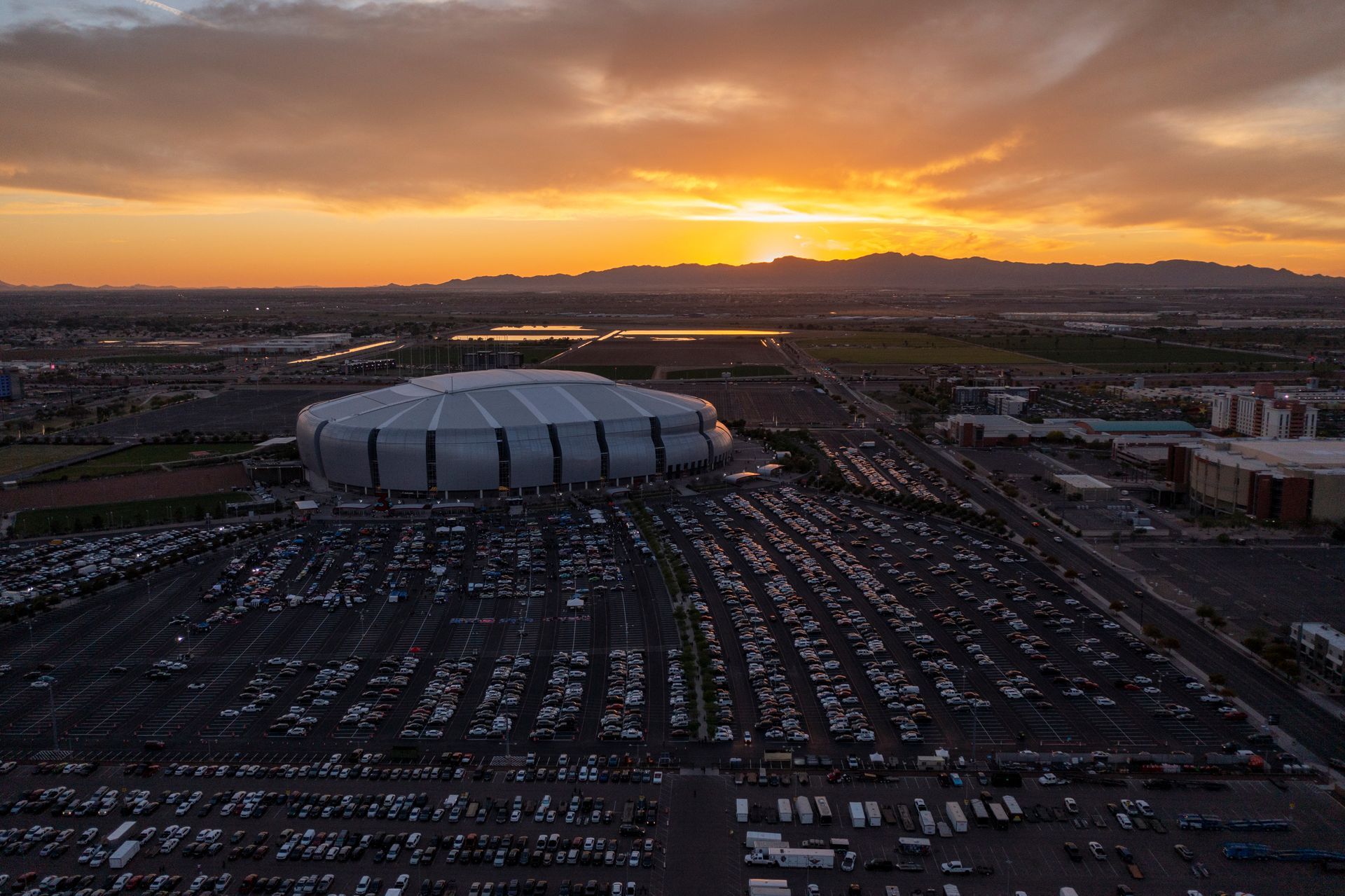Arizona Murder & Manslaughter
PHOENIX, ARIZONA CRIMINAL DEFENSE ATTORNEY FOR MURDERS & HOMICIDES
Arizona Homicide Crimes
Arizona homicide crimes can range from first-degree, second-degree murder, manslaughter and negligent homicide. These types of violent crime charges vary depending on the individual's mindset. Homicide is the act of causing someone else's death and carries serious penalties including death for the most egregious first-degree homicides.
Manslaughter – ARS 13-2310
There are a variety of complex scenarios that may result in prosecutors charging a defendant with manslaughter instead of first-degree murder, second-degree murder, or negligent homicide. For example, manslaughter may be appropriate if the victim provoked the alleged attack, which was then perpetrated in the heat of passion.
Someone who helps another person commit suicide could potentially be charged with manslaughter. In unique circumstances where the defendant was somehow coerced into committing a homicide through the threat of deadly force, they might be charged with manslaughter instead of a more serious degree of homicide.
Anyone who causes the death of an unborn baby through the reckless or knowing injury of the mother could also be charged with manslaughter. There are several exceptions to prosecutions in this case, such as when the death was due to a medical procedure or abortion to which the mother consented.
Negligent Homicide – ARS 13-1102
Despite sounding ominous, negligent homicide, or involuntary manslaughter, is considered a lesser offense than regular manslaughter or any degree of homicide. Negligent homicides are not intentional in nature but are the result of the defendant’s criminally reckless conduct.
An action might be considered criminally reckless if a reasonable person could foresee those actions leading to the serious injury or death of another person. DUI accident fatalities are a common example of negligent homicide in Arizona. A drunk driver should know that getting behind the wheel intoxicated could potentially result in the serious injury or death of other people. Other examples include some accidental shooting deaths, forgetting a child in a car or starting a fire that results in the death of another person. Even failure to take appropriate action, like not calling 911 right away when someone is seriously injured, could potentially result in a negligent homicide charge.
As a class 4 felony, negligent homicide can carry penalties of a year to almost four years in prison.
Second Degree Murder – ARS 13-1104
Second-degree murder is reserved for defendants who alleged kill a person intentionally, knowingly, or recklessly without premeditation. If a person intentionally takes an action that they know will cause serious injury and potentially result in death, they might be charged with second-degree murder.
For example, shooting deaths during road rage incidents might qualify as second degree murder.
There are scenarios where a person might be charged with second-degree murder instead of negligent homicide or manslaughter, especially in situations where they show extraordinary indifference to human life.
First Degree Murder – ARS 13-1105
First-degree is the most serious type of homicide and is charged as a class 1 felony, which can result in life imprisonment or even death. The difference between second-degree and first-degree murder is planning. To prove a first-degree murder case, the prosecution needs to show beyond a reasonable doubt that the crime was both premeditated and intentional.
First-degree murder might also be charged if a death occurs while the alleged perpetrator was committing another felony (what’s known as the felony murder rule.) if a person intentionally kills a law enforcement officer who is on duty, they may also be charged with first-degree murder, even if the killing wasn’t premeditated.
Related Practice Areas
RECENT CASE RESULTS
GET A FREE CONSULTATION TODAY
Have You Been Charged with Murder or Manslaughter in Arizona?
The Law Office of Michael Alarid III in Arizona is dedicated to fighting for the rights of people accused of crimes in Phoenix. Every client can expect to receive zealous, thorough representation, regardless of the accusations they are facing. You can schedule a consultation with criminal defense lawyer Michael Alarid III in Phoenix, Arizona by calling (602) 818-3110.

